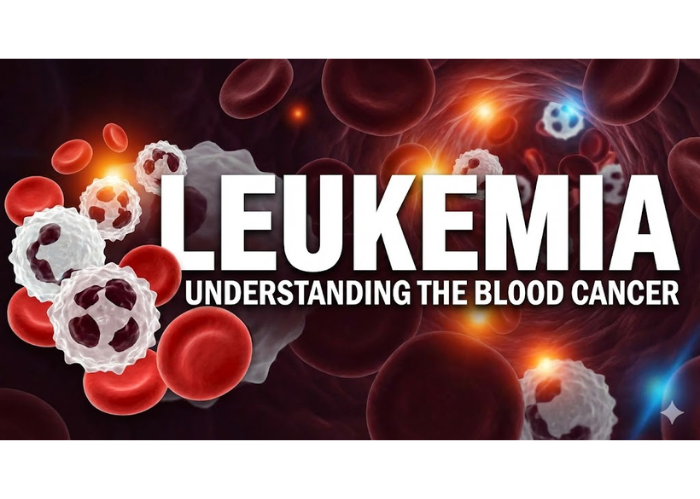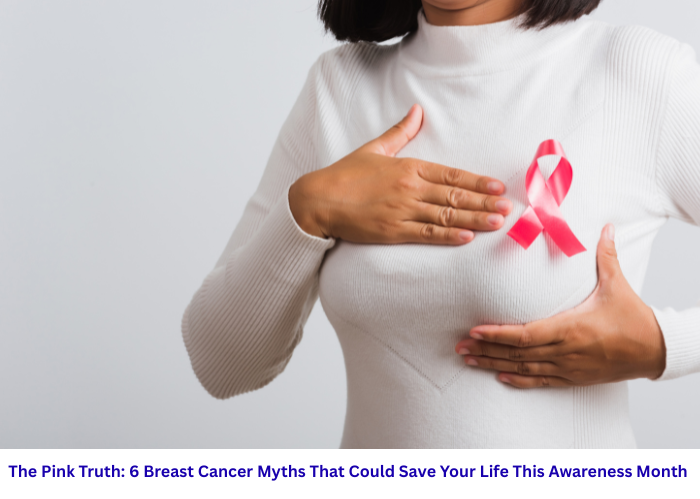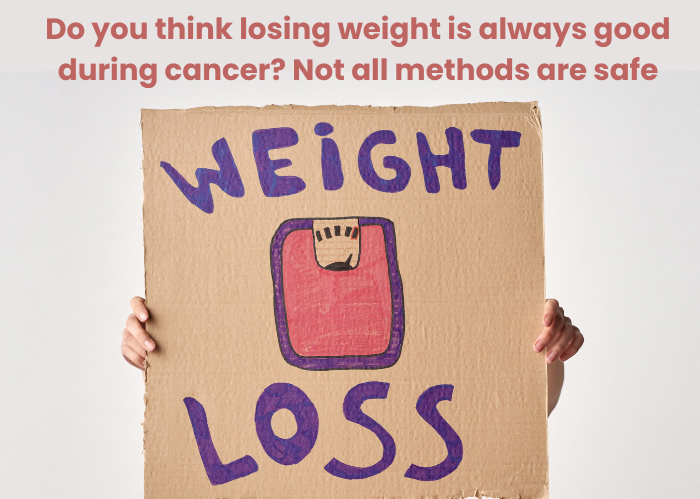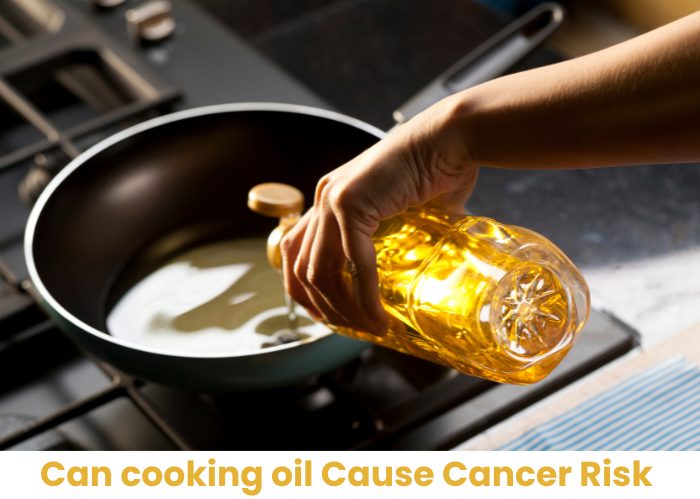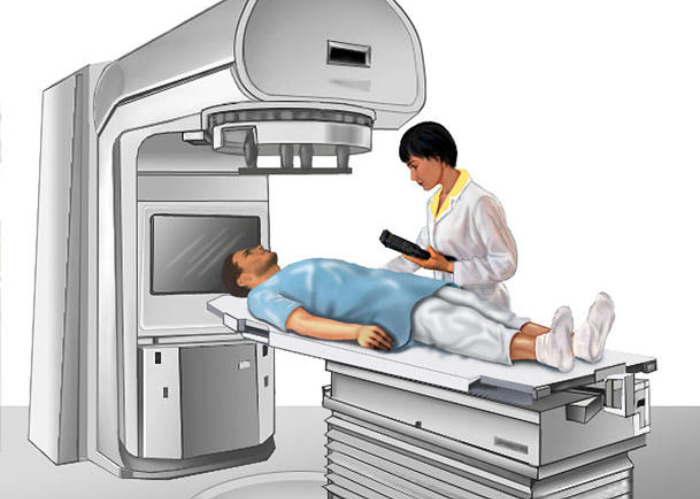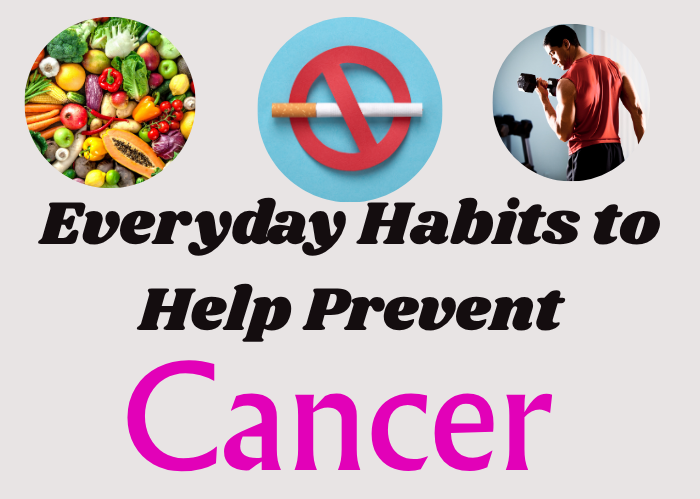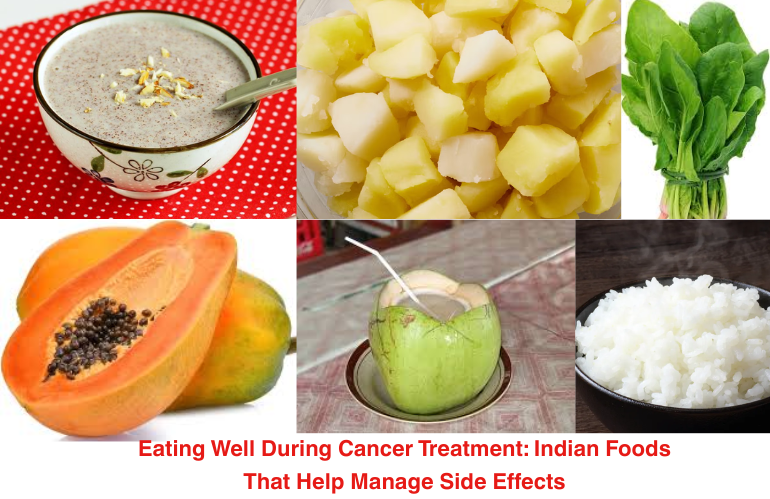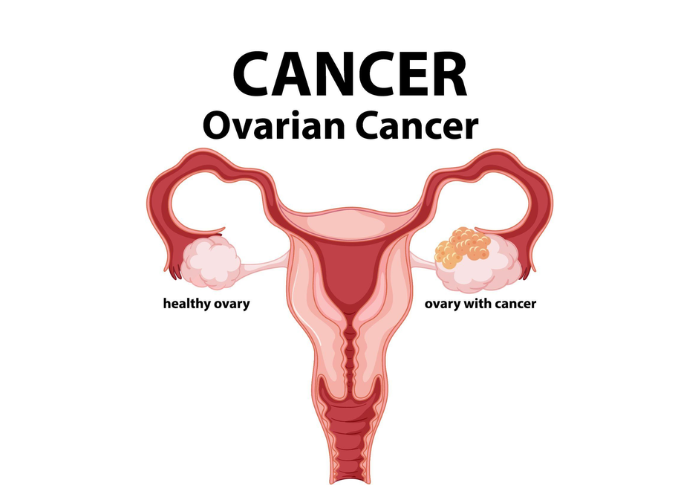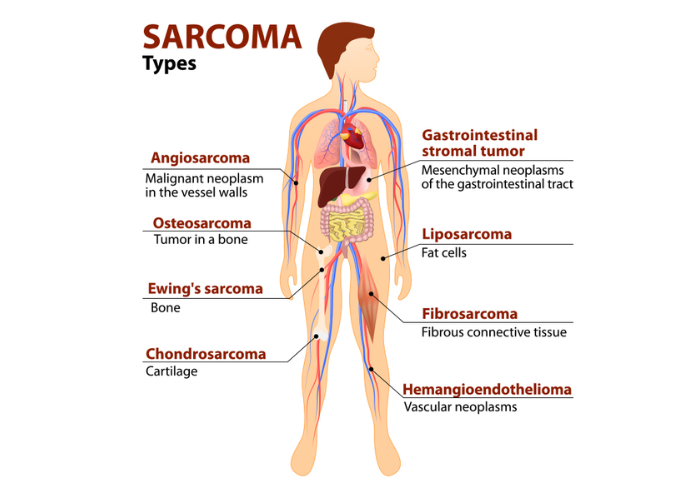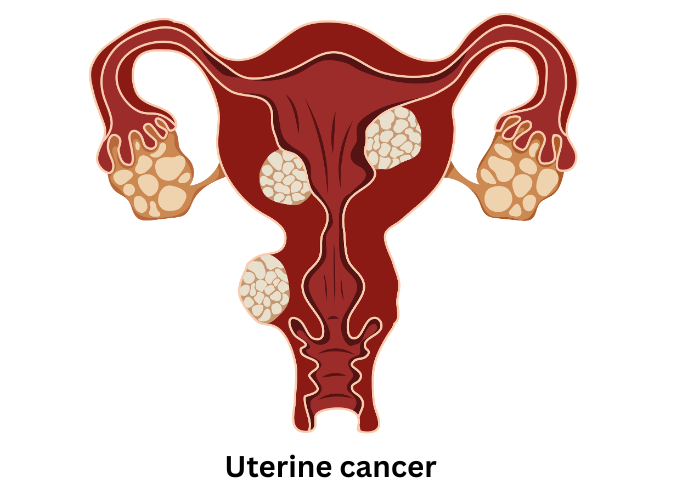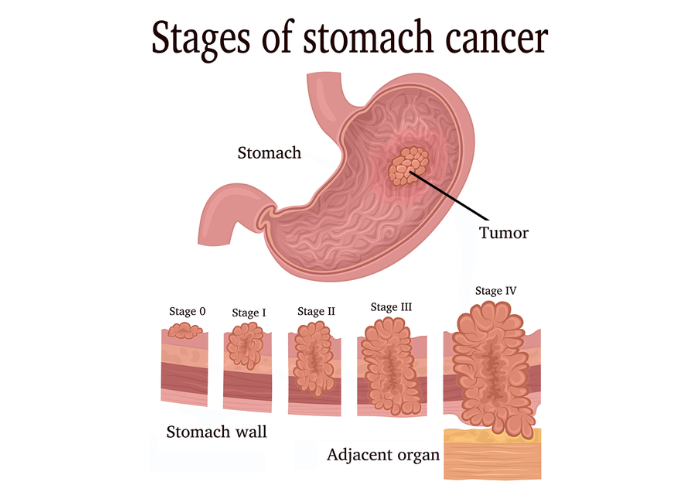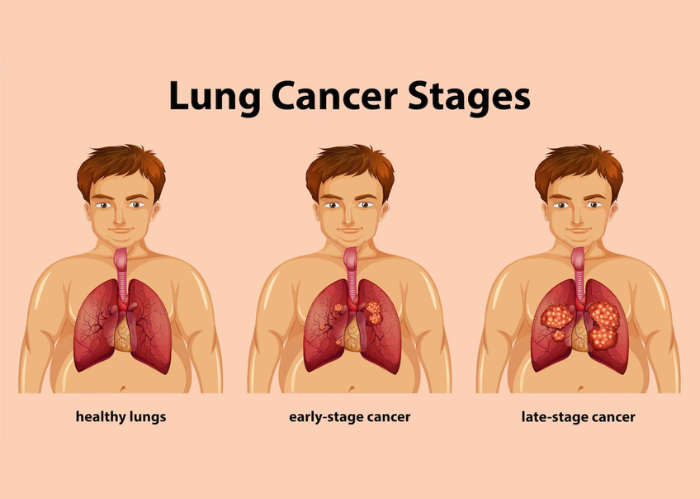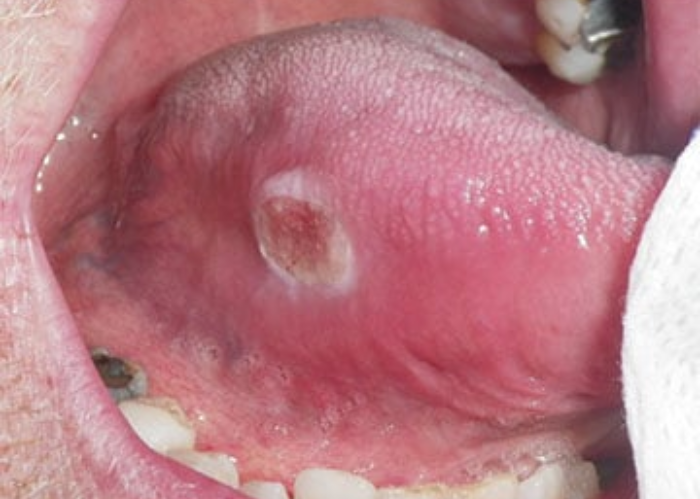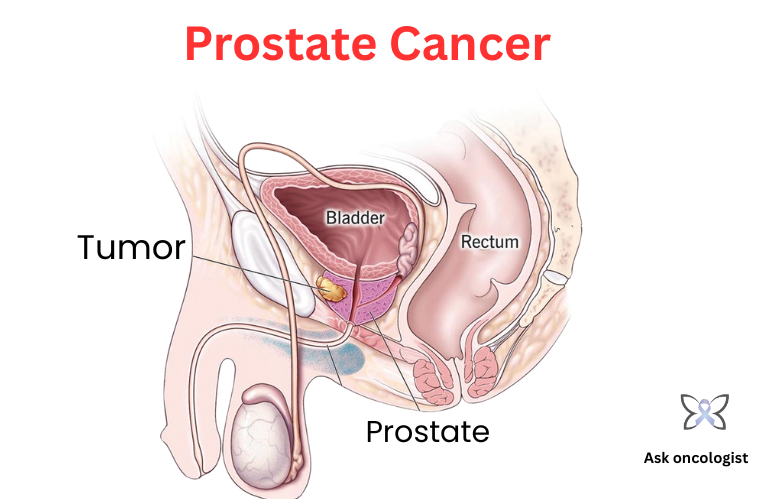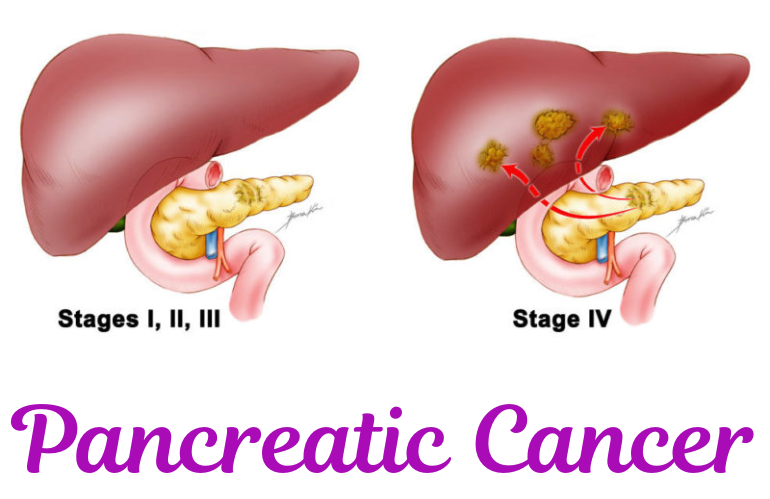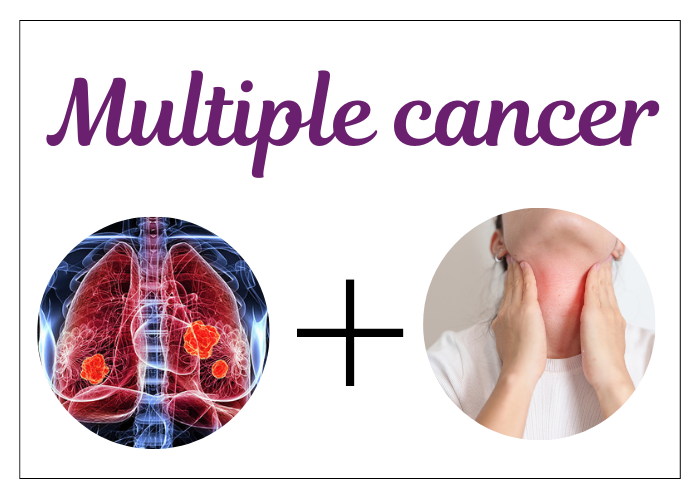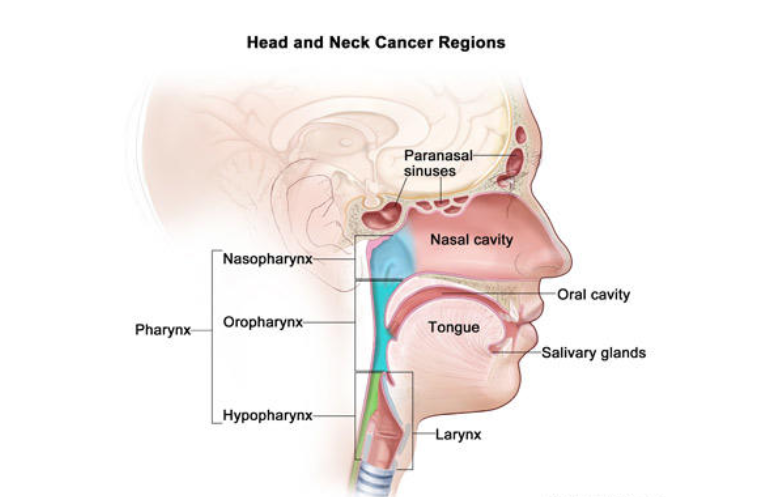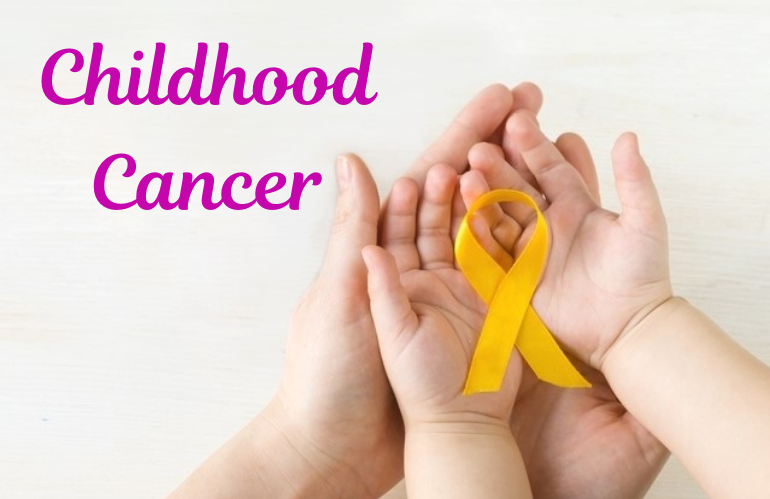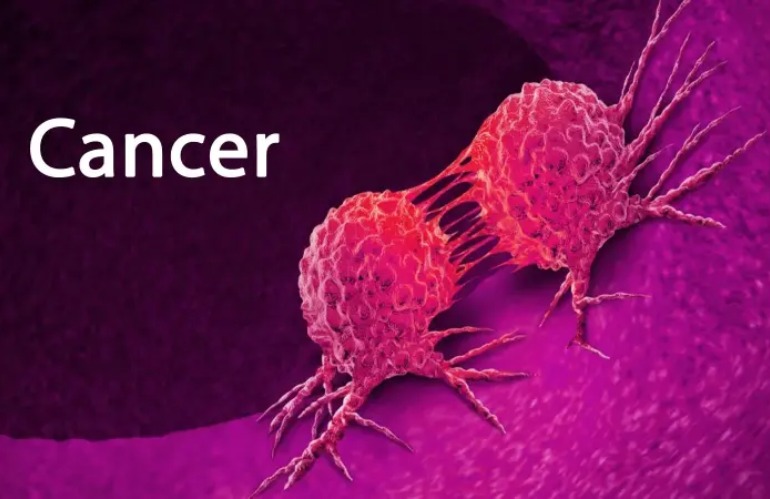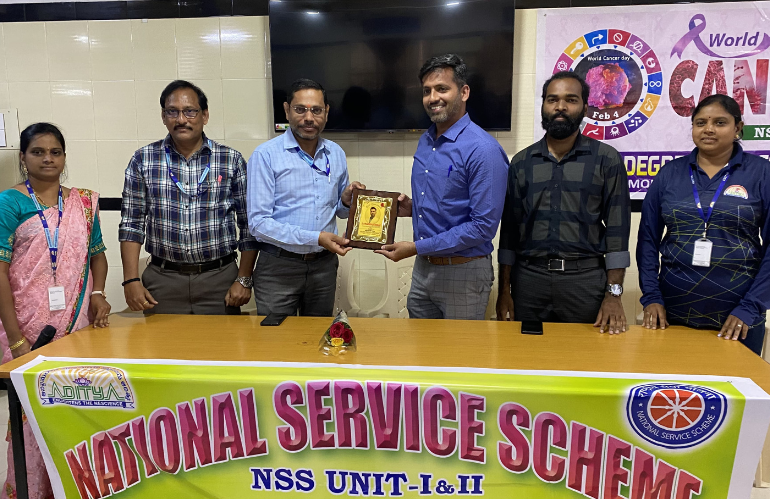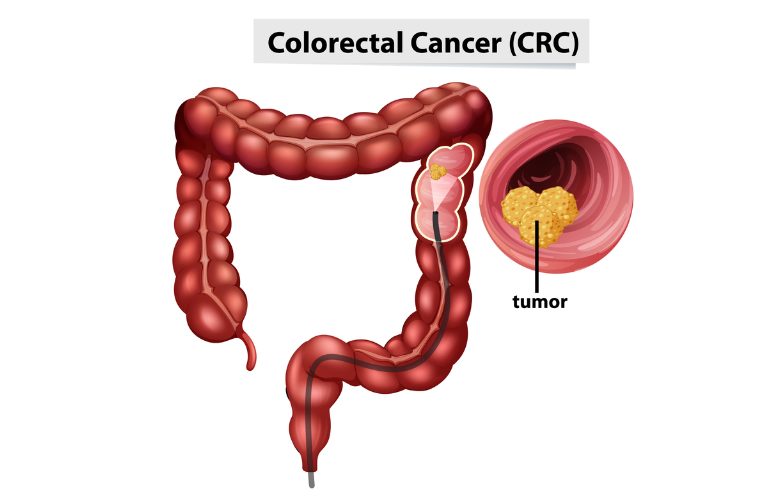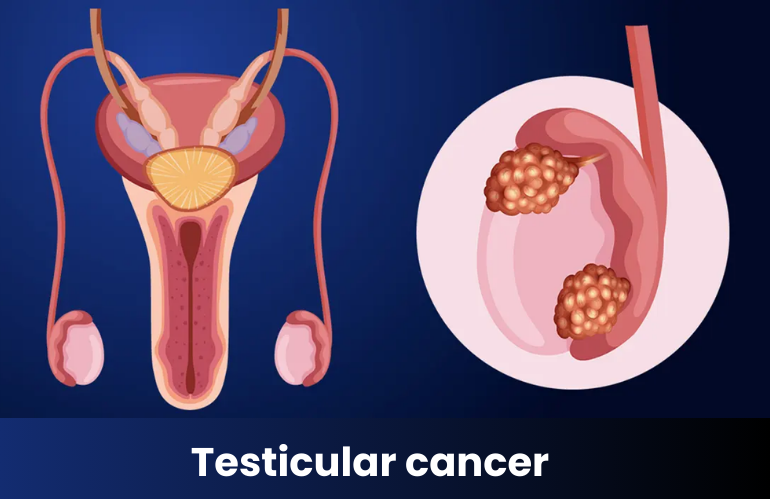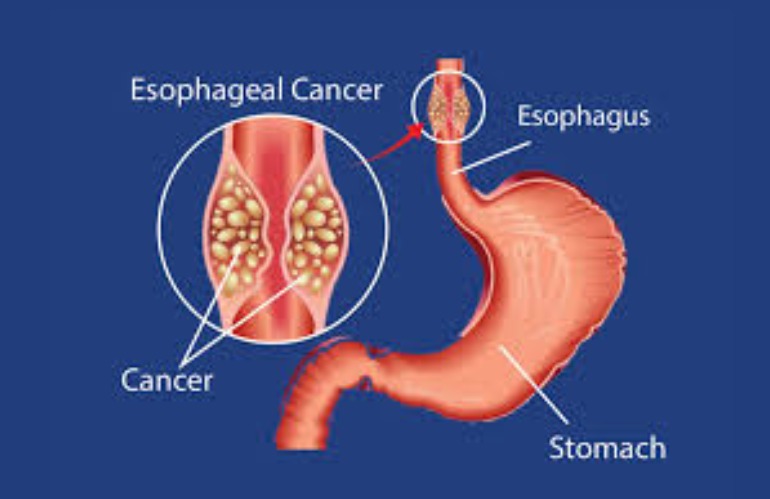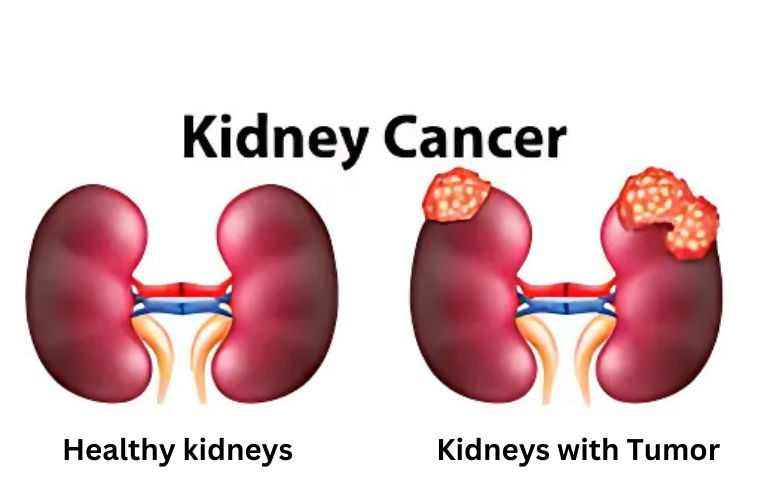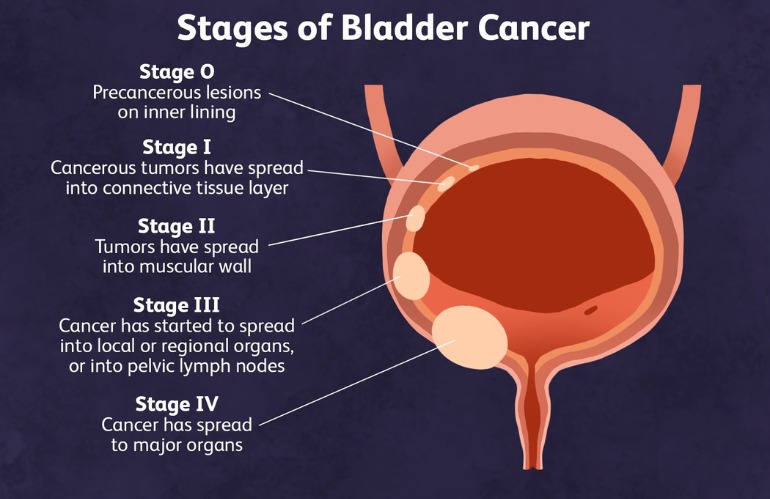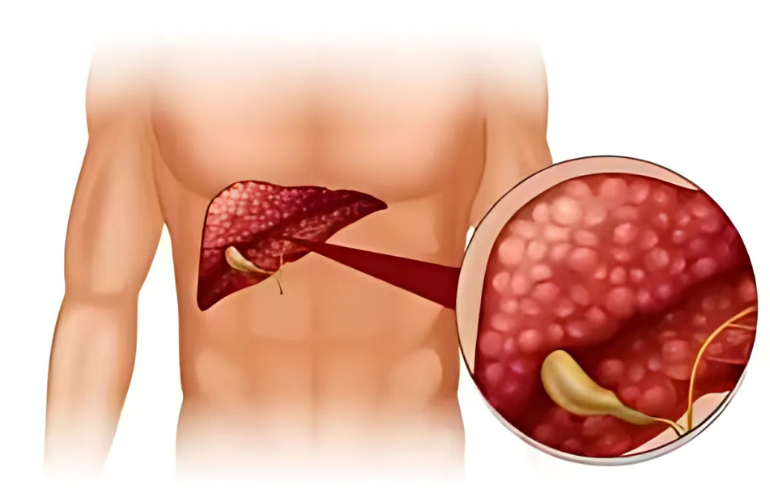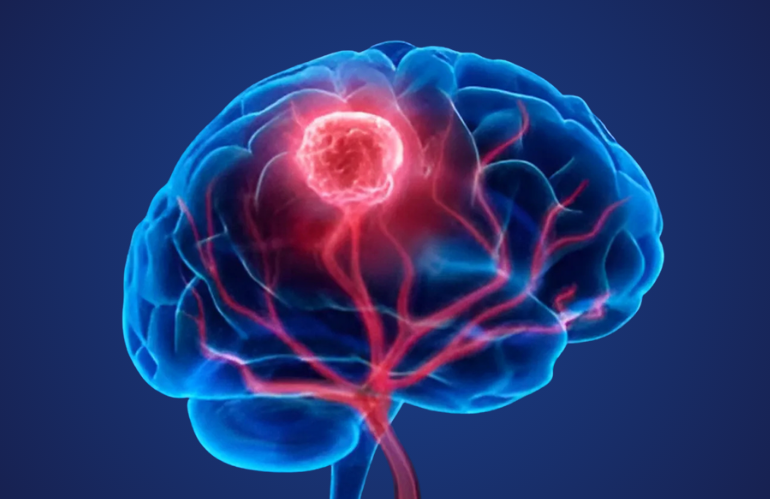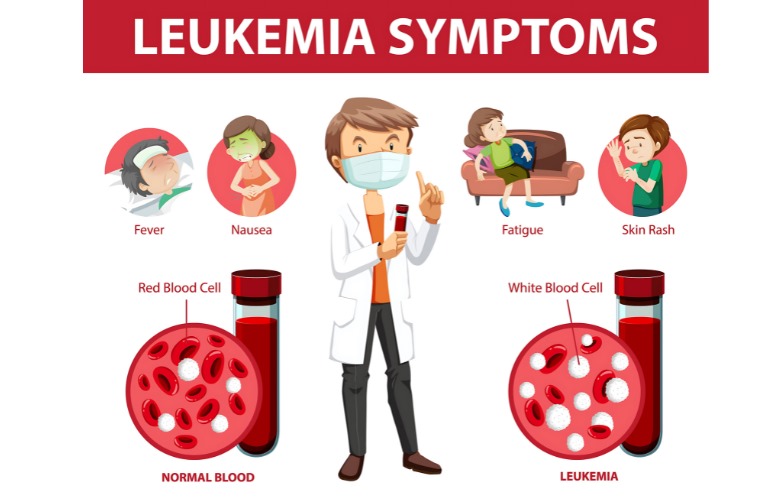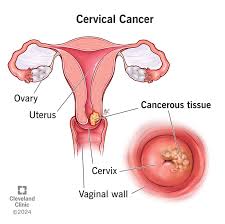Stomach Cancer also known as gastric cancer, is a serious condition where cancerous cells form in the lining of the stomach. Early detection and treatment are crucial for effective management. For those seeking advanced care, AskOncologist.com connects patients with the best oncologists in Kakinada, offering comprehensive and affordable treatment options.
Comprehensive Guide to Stomach Cancer: Causes, Treatments, Prevention, and Expert Care in Kakinada
How is Stomach Cancer Formed?
Stomach cancer develops when cells in the stomach lining begin to grow uncontrollably, forming a tumor. Over time, these cancerous cells can spread to other parts of the stomach or nearby organs. While the exact cause of stomach cancer is not always clear, several risk factors can increase the likelihood of developing the disease:
H. pylori infection: Helicobacter pylori, a common bacterial infection, can damage the stomach lining, leading to inflammation and increased risk.
Dietary habits: A diet high in salty, smoked, or pickled foods has been linked to a higher risk of stomach cancer.
Smoking and alcohol consumption: Both smoking and excessive alcohol intake can increase the chances of developing stomach cancer.
Genetics: A family history of stomach cancer or inherited genetic mutations can raise the risk.
Pre-existing conditions: Chronic gastritis or pernicious anemia can also make an individual more susceptible.
Understanding these risk factors is vital for prevention and early intervention. Individuals with any of these risk factors should consult their healthcare provider for regular monitoring.
Symptoms of Stomach Cancer
Recognizing the symptoms of stomach cancer at an early stage can significantly improve treatment outcomes. While symptoms may vary depending on the stage of the disease, common signs include:
Persistent stomach pain or discomfort
Feeling full after eating small amounts (early satiety)
Ongoing indigestion or heartburn
Bloating or a swollen feeling after meals
Unexplained weight loss
Nausea or vomiting (sometimes with blood)
Loss of appetite
Fatigue or general weakness
Blood in stool or black, tarry stools
If you experience any of these symptoms consistently, it’s essential to consult a medical professional for timely diagnosis and intervention.
Treatments for Stomach Cancer
Treatment for stomach cancer depends on the stage of the disease, the patient’s overall health, and other factors. In Kakinada, several treatment options are available:
Surgery: In the early stages, surgery can remove the tumor and affected parts of the stomach. In some cases, a partial or total gastrectomy may be necessary.
Radiation therapy: Radiation therapy uses high-energy rays to target and destroy cancer cells. It may be used to shrink tumors before surgery or treat cancer that has spread.
Chemotherapy: Chemotherapy uses drugs to kill or shrink cancer cells. It is commonly combined with other treatments or used as a palliative therapy when cancer has spread.
Immunotherapy: Immunotherapy for stomach cancer uses the body's immune system to target and destroy cancer cells. By boosting immune response, it can be an effective treatment option, especially for advanced stages or cases resistant to traditional therapies.
Targeted therapy: This treatment blocks specific cancer cell growth pathways, offering targeted intervention.
Patients seeking stomach cancer treatment in Kakinada can benefit from personalized plans that combine these treatments under expert guidance.
Prevention of Stomach Cancer
While not all cases of stomach cancer can be prevented, certain lifestyle changes can help reduce the risk:
Healthy diet: Eat plenty of fruits, vegetables, and whole grains.
Limit processed foods: Reduce intake of salty, smoked, or pickled items.
Avoid smoking and limit alcohol: Both are significant risk factors.
Treat H. pylori infections: Seek medical advice if you suspect infection.
Regular screenings: Early detection is crucial, especially if you have a family history.
Healthy Foods for Stomach Cancer Patients
Diet plays an essential role in supporting recovery and improving quality of life during cancer treatment. Beneficial foods include:
Leafy greens: Rich in antioxidants and essential vitamins.
Whole grains: Provide necessary fiber and energy.
Lean proteins: Such as fish, chicken, and legumes, to aid recovery.
Fruits: Especially berries and citrus fruits, which are high in vitamins.
Herbal teas: Like ginger tea, to soothe the stomach.
Foods That May Increase Stomach Cancer Risk
Certain foods are known to increase the risk of stomach cancer and should be avoided:
Processed meats: Such as sausages and hot dogs.
High-salt foods: Including pickles and chips.
Smoked foods: Like smoked fish or meat.
Excessive alcohol: Particularly spirits and strong liquors.
Why Choose Dr Pradeep Bhaskar for Stomach Cancer Treatment?
Dr Pradeep Bhaskar and his team offers advanced cancer care facilities, providing comprehensive treatment options, including radiation therapy services and personalized treatment plans. He is a skilled oncologist and cancer specialist in Kakinada who ensures that every patient receives expert care. The affordable cancer treatment options in Kakinada make it an ideal place for those seeking high-quality, cost-effective solutions.
For patients looking for advanced treatment, AskOncologist.com connects individuals with leading oncology specialists in Kakinada. These professionals offer personalized plans, combining various therapies to maximize the chances of successful treatment.
Conclusion
Stomach cancer is a complex and challenging condition, but with early detection, a healthy lifestyle, and the right treatment plan, it can be managed effectively. If you or a loved one is diagnosed with stomach cancer, seeking the expertise of a top oncologist in Kakinada can make a significant difference. Through AskOncologist.com, you can find qualified oncologists and access state-of-the-art cancer care. Early action is essential in the fight against stomach cancer.


